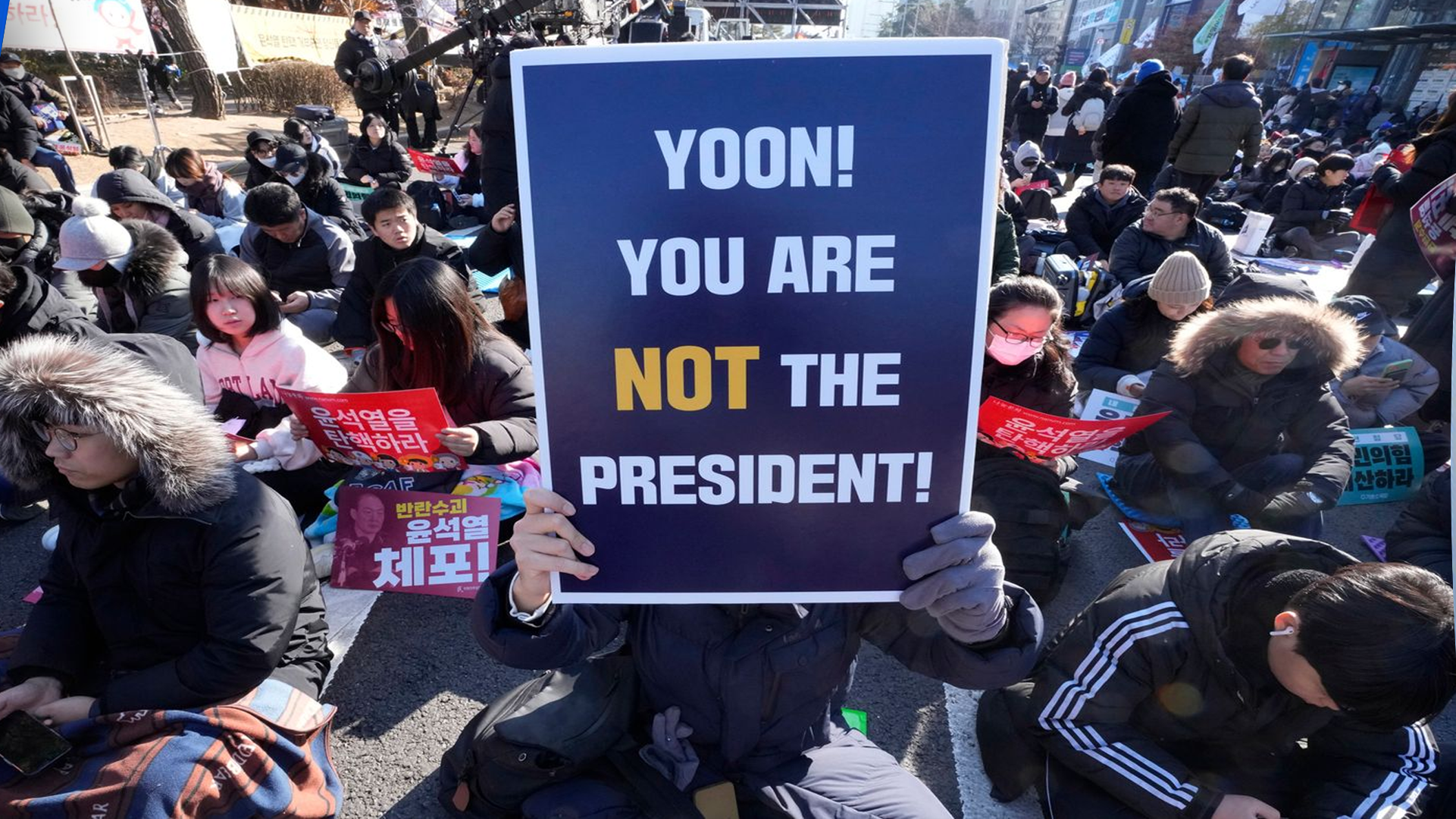Calls grow for general election as Tory party anoints Sunak PM
Amina Taylor
Press TV, London
It’s taken him a few weeks longer than anticipated, but former Chancellor Rishi Sunak is now the leader of the Tory party and prime minister-elect of the UK and of course, the first ethnic minority to hold either position.
In a rather stage-managed affair, Sunak made his first public address to the nation.
Sunak was the favored candidate with fellow MPs in the leadership contest held in the summer, but had to settle for runner up spot after Liz Truss won the vote of Tory Party members. This time, MPs saw to it that this was an internal matter with voters looking on as yet another Conservative MP was anointed.
Sunak was keen to emphasis unity and stability, but those might be wishful ideals for a party that’s literally at war with itself.
Sunak’s leadership will be tested by the presence of figures like former PM Boris Johnson who claimed to have had the support to run for high office, but conceded now was not the right time for his return. How can Sunak ensure he doesn’t follow the Liz Truss path to political collapse?
For many, the British premiership is a poisoned chalice. With the country facing the worst cost of living crisis in a generation, with of course more austerity measures bound to be implemented anew and a political landscape more divided than ever before, the new occupants of Downing Street face a Herculean task to try and pull Britain back from the brink.
Britain now has a lot of work to do to try repair its global reputation, no doubt bruised by recent events.
With a bulging in-tray to tackle, Sunak will continue to play deaf to the pleas of a general election and hope he can salvage something for his party before the end of this parliamentary term. However, judging by the very recent past, the omens are not good.
5 Israeli forces killed as Palestinian fighters face up to regime’s war machine
VIDEO | Israeli settler killed during strike against Tel Aviv; fresh aggression targets Yemen’s capital
VIDEO | Yemen’s missile strikes on Tel Aviv
Iran to open 6 GW of new power capacity by next summer
VIDEO | South Korean rallies set the stage for battle over Yoon's impeachment
Hamas, other Palestinian groups say Gaza ceasefire deal ‘closer than ever’
VIDEO | Press TV's news headlines
Iran condemns ‘violent’ attack on Christmas market in Germany









 This makes it easy to access the Press TV website
This makes it easy to access the Press TV website